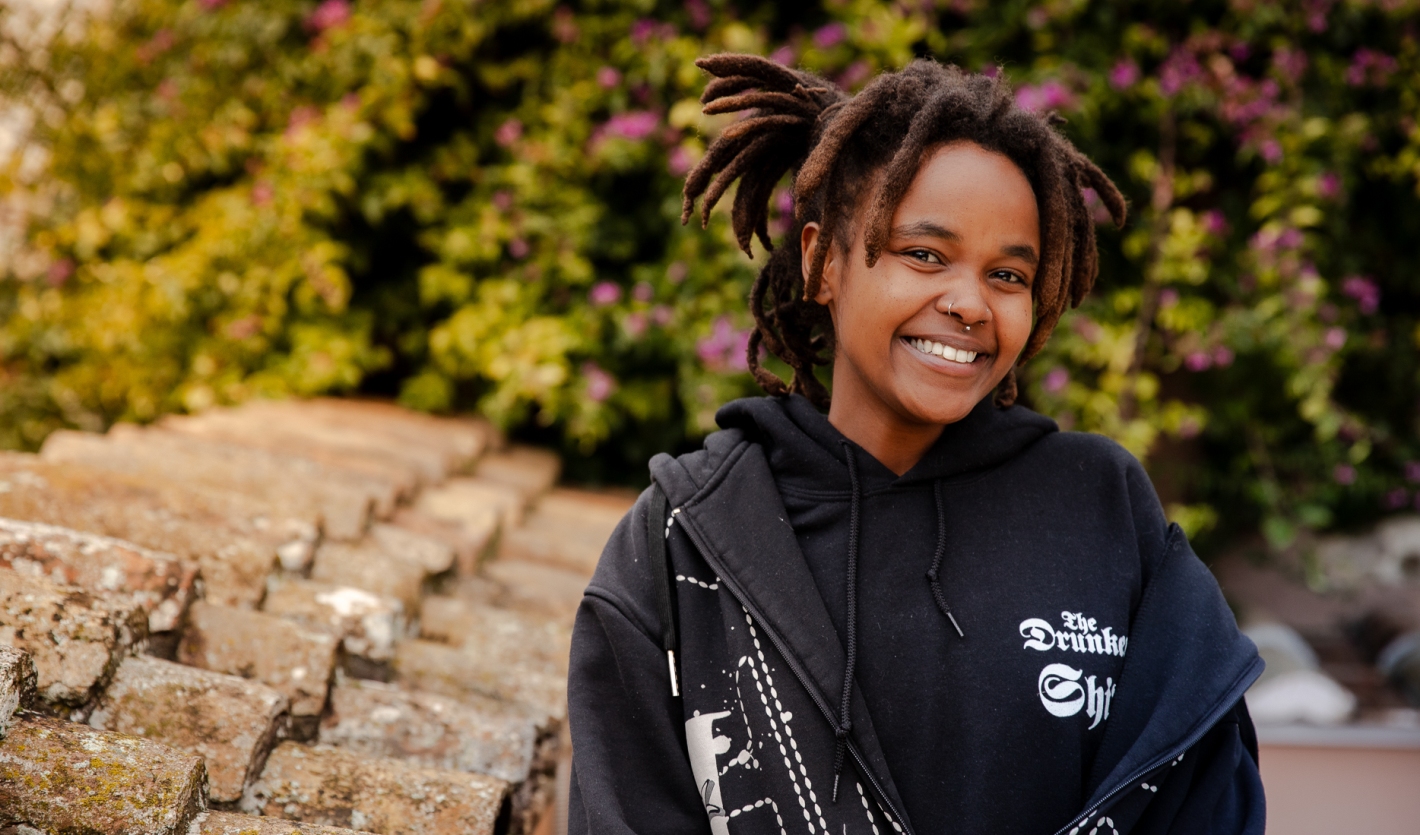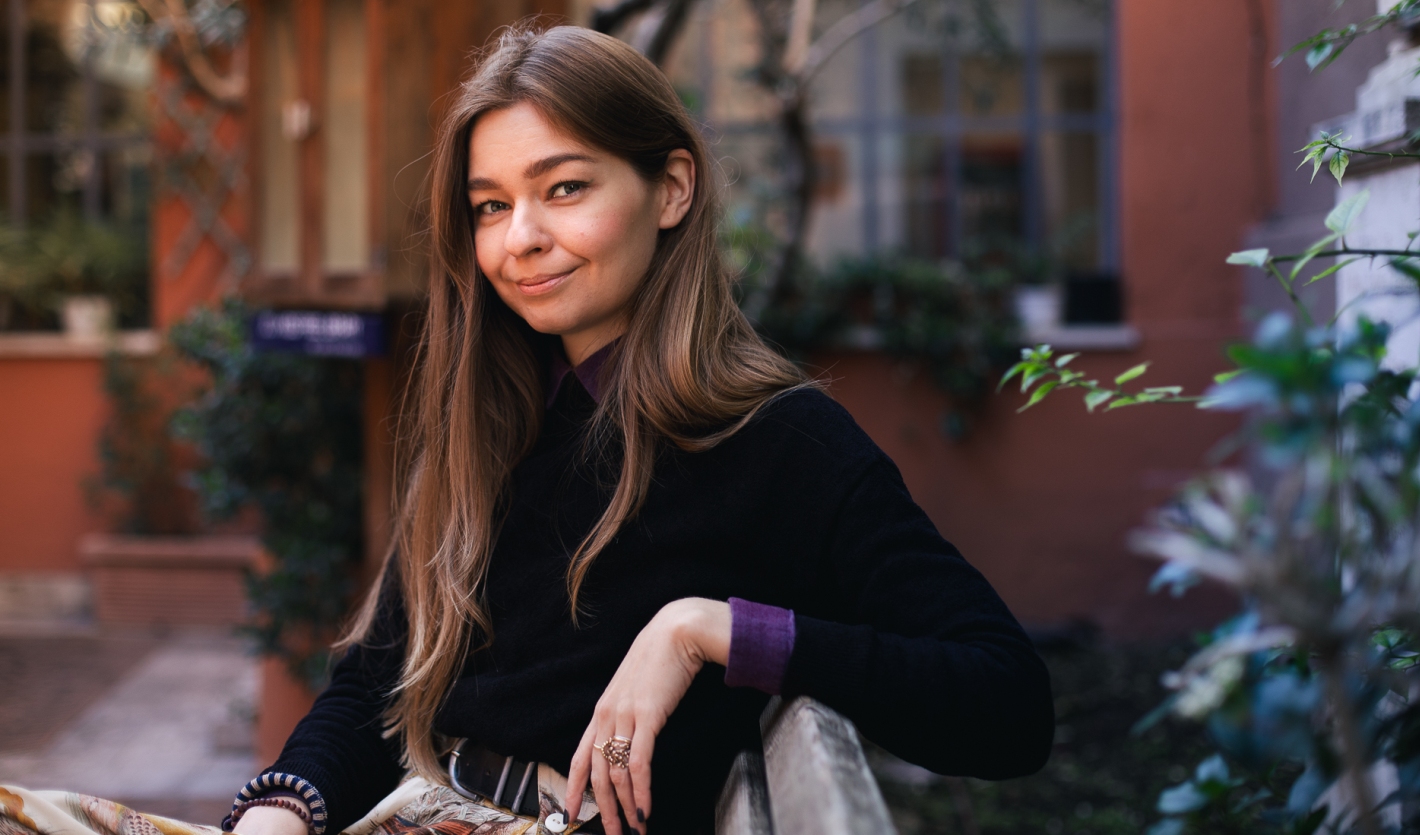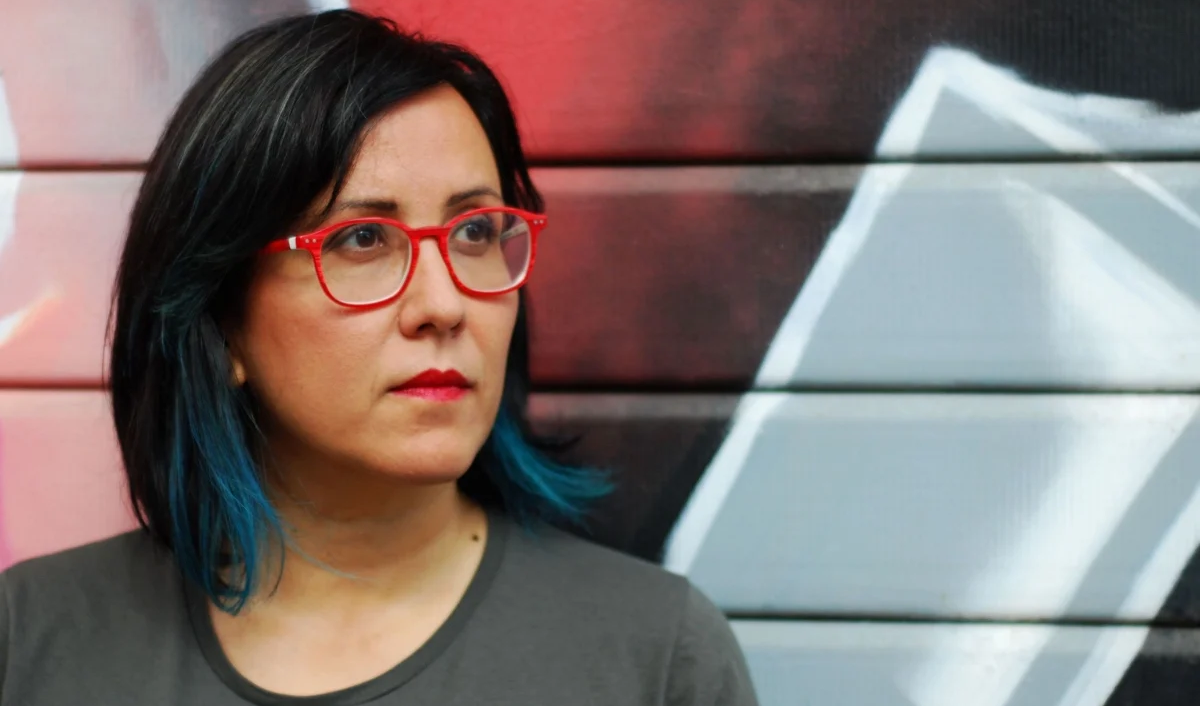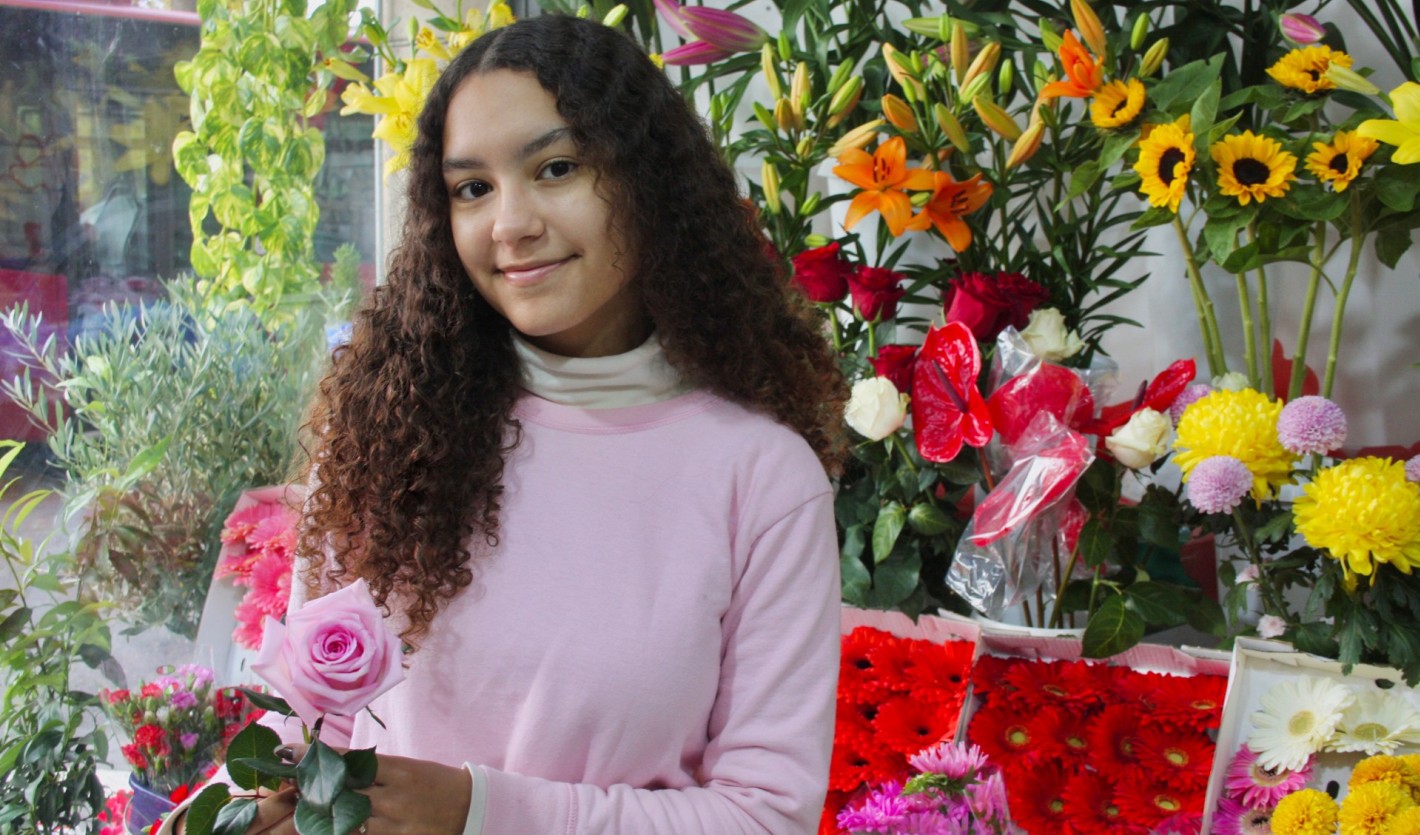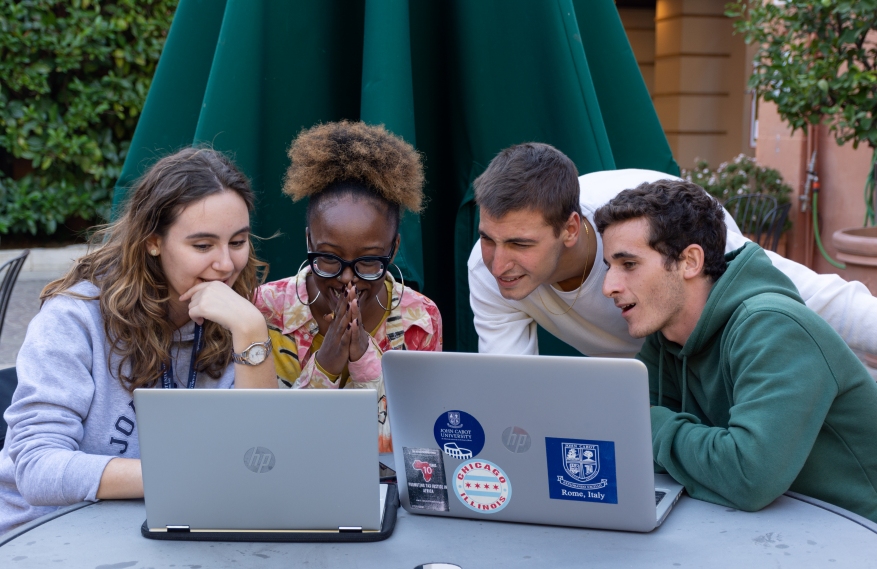
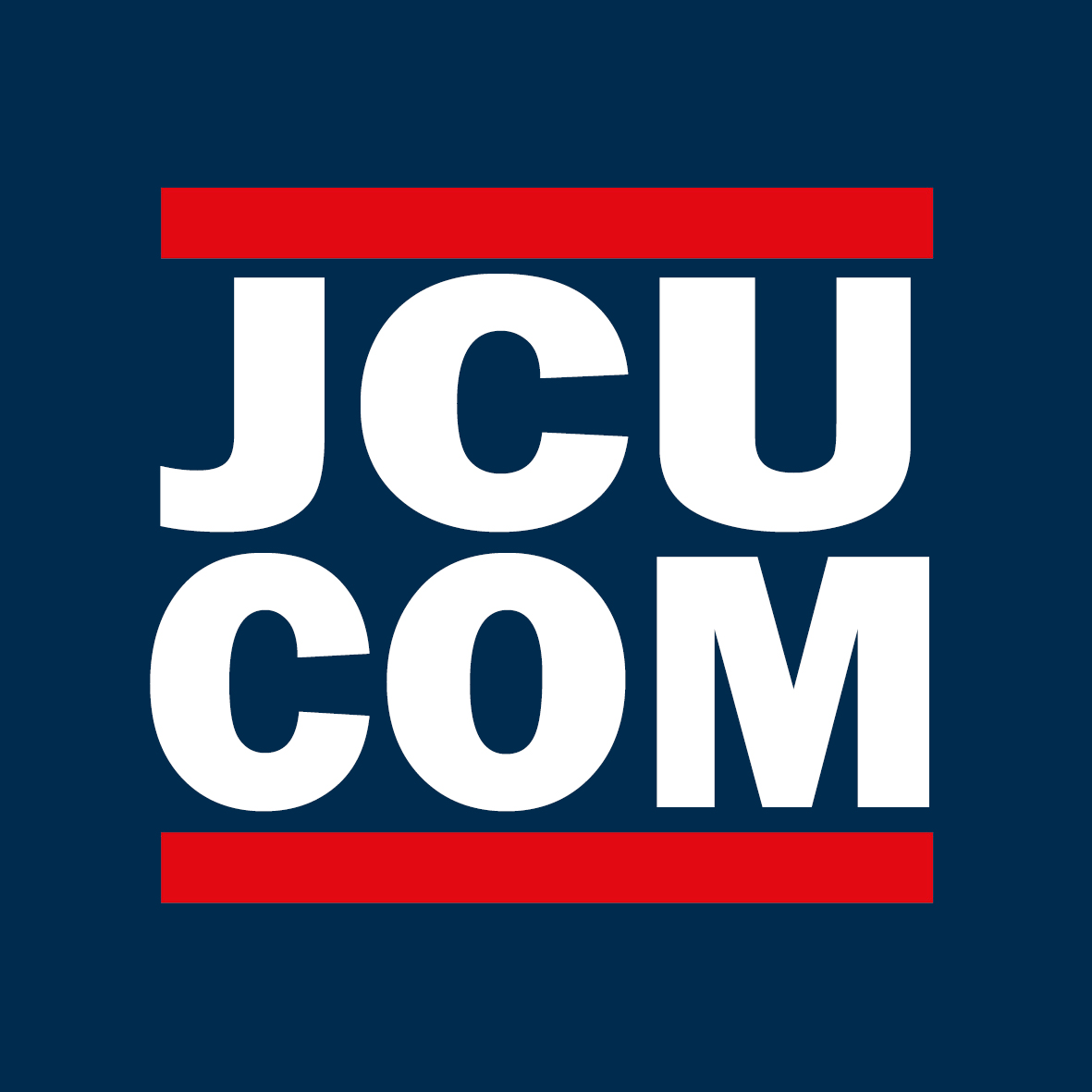 In our digitally interconnected global environment, all organizations are media organizations. Whether in the sectors of film, TV, music, academia, marketing, non-governmental organizations (NGO), or business, all organizations require a media presence. Just as importantly, civil society and political participation require 21st-century skills that include critical thinking, problem-solving, and effective communication.
In our digitally interconnected global environment, all organizations are media organizations. Whether in the sectors of film, TV, music, academia, marketing, non-governmental organizations (NGO), or business, all organizations require a media presence. Just as importantly, civil society and political participation require 21st-century skills that include critical thinking, problem-solving, and effective communication.
Whether the goal is to continue on to graduate school, become an entrepreneur, work as a professional media maker, or work as a professional communicator for enterprises or NGOs, JCU's curriculum will equip you with a variety of tools to enable you to succeed in a globalized media environment.
The Department promotes intellectual development and ethical reasoning to empower students to take leadership roles and to make a difference in the world. Our program fosters and encourages cross-cultural encounters, making our classrooms microcosms of the global communications environment. Our students are uniquely prepared to interact in a rapidly changing world of media and communication.
With degrees from prestigious universities, JCU Communication and Media Studies faculty regularly publish books and articles and present at international conferences. Core faculty have played the role of public intellectuals on issues like fake news, Syria, and social movements in the Middle East for the BBC and NPR.
They are internationally known scholars in areas such as Arab media, networked identity, ecomedia studies, and digital anthropology. Digital media arts faculty publish video games and produce documentary and feature films, TV shows, podcasts, and other artistic works that screen in international film festivals.
The JCU Department of Communication and Media Studies is committed to giving you the analytical, critical, and creative skills that are fundamental for any career in the digital age.
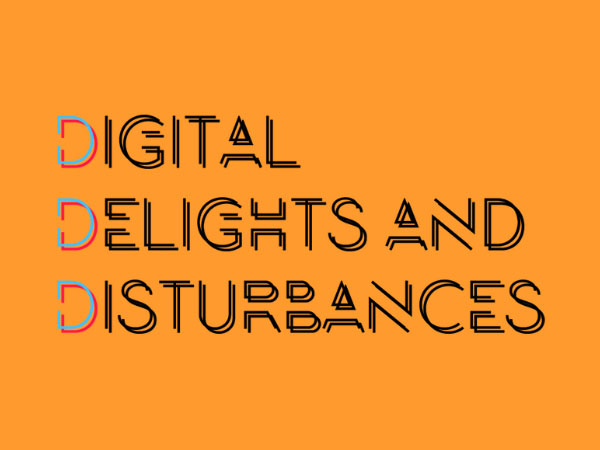 The Communication and Media Studies Department organizes a number of university-wide activities, such as the world-class lecture and film series, "Digital Delights and Disturbances." Other activities include film screenings with directors, international conferences, author events, field trips to the world-famous film studio Cinecittà in Rome, and forums about current events.
The Communication and Media Studies Department organizes a number of university-wide activities, such as the world-class lecture and film series, "Digital Delights and Disturbances." Other activities include film screenings with directors, international conferences, author events, field trips to the world-famous film studio Cinecittà in Rome, and forums about current events.
Inaugurated in the Spring 2019 semester, Digital Delights and Disturbances (DDD) brings together leading international scholars, artists, and mediamakers to discuss threats, promises, and challenges brought on by global digitalization and automation. Click on the above link for the DDD website with the current semester’s program and an archive of all the previous talks and events.
Digital Delights and Disturbances website
John Cabot University also hosts the student-run newspaper The Matthew.
The dual degree program in Communications between John Cabot University (JCU) and the Università degli studi di Milano (Unimi) allows students to concurrently earn a Bachelor of Arts in Communications from JCU and an Italian Laurea triennale in Comunicazione e Società from the Facoltà di Scienze Politiche Unimi. Students selected to participate in the program will do coursework at both universities following a prescribed program of study.
